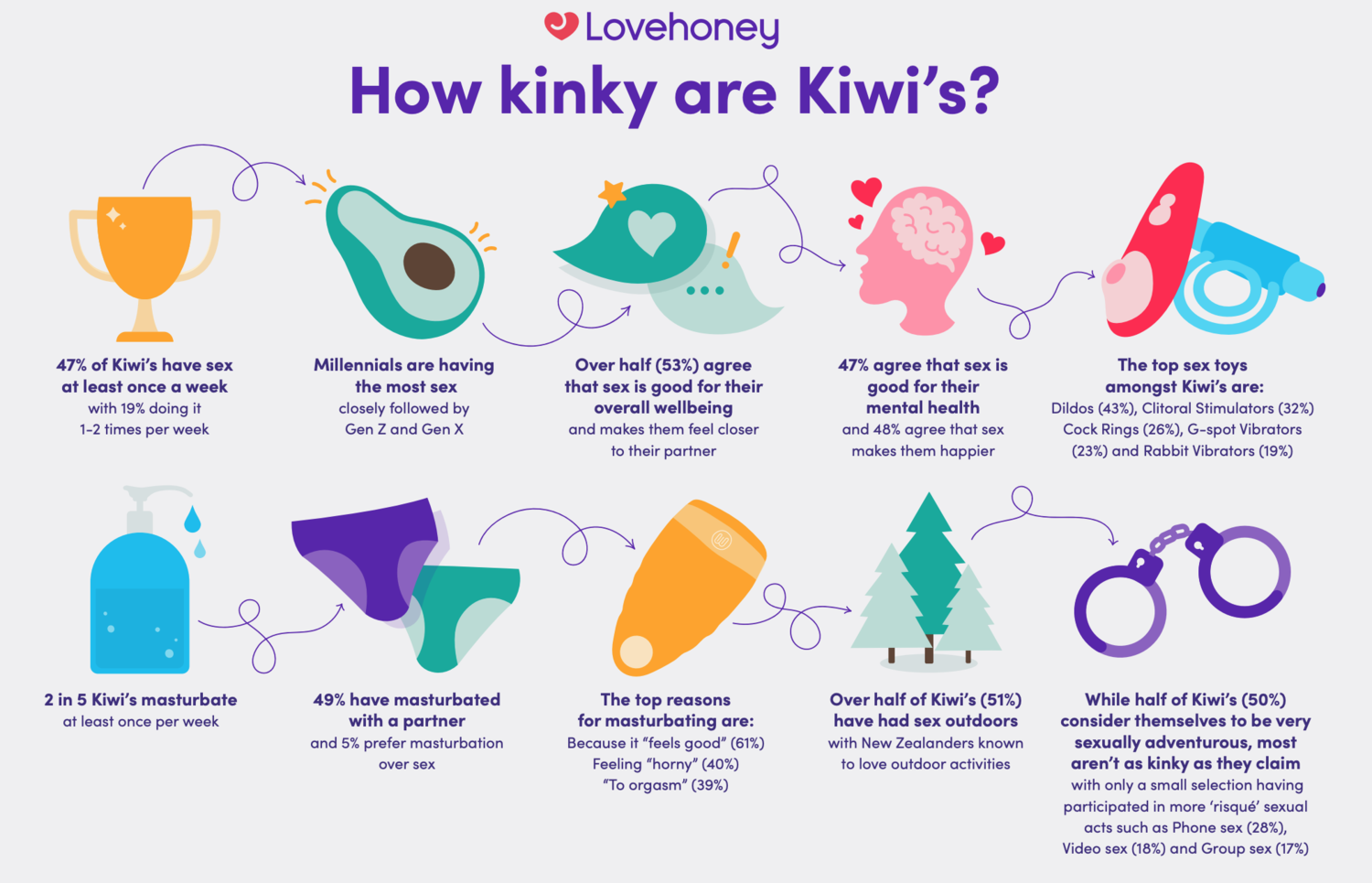
The Role of Communication in Enhancing Sexual Wellness
Sexual wellness is a vital component of overall health, encompassing physical, mental, and emotional well-being.
While many factors contribute to sexual wellness, communication stands out as a key element. Open, honest conversations about sex can transform relationships, leading to deeper intimacy and satisfaction.
The Importance of Communication in Sexual Relationships
Open communication in sexual relationships builds trust and intimacy. By discussing desires, boundaries, and preferences, partners can better understand each other’s needs. As sex and relationship expert Dr. Laura Berman notes, “Communication is the bedrock of a healthy sexual relationship. Without it, misunderstandings and dissatisfaction can easily arise.”
Research supports this view, indicating that couples who communicate openly about sex report higher levels of sexual satisfaction. A study published in the Journal of Sex & Marital Therapy found that effective sexual communication is positively correlated with sexual satisfaction and overall relationship quality.
Despite its importance, many people struggle to talk about sex. Cultural taboos, personal insecurities, and fear of judgment can create significant barriers. “Our society often stigmatises open discussions about sex, which can make these conversations feel daunting,” says Cindy Gallop, founder of MakeLoveNotPorn. “But breaking down these barriers is essential for a fulfilling sexual relationship.”
To overcome these challenges, it’s crucial to create a safe space for conversations. Start by establishing mutual respect and using “I” statements to express feelings. This approach reduces defensiveness and encourages open dialogue.
Tools and Techniques for Effective Communication
Improving sexual communication involves specific techniques. Active listening, for instance, ensures that partners feel heard and understood. Ask open-ended questions to invite deeper discussions, and use affirmations to show appreciation for your partner’s openness.
Non-verbal communication is equally important. Body language, eye contact, and physical touch can convey interest and consent. As Dr. Berman suggests, “Sometimes, the most meaningful conversations happen without words. Pay attention to your partner’s non-verbal cues.”
Discussing consent and boundaries is fundamental to any healthy sexual relationship. “Consent is not just a one-time checklist; it’s an ongoing conversation,” emphasizes Cindy Gallop. Initiating these conversations can be simple: ask your partner what they are comfortable with and be clear about your own boundaries.
Enthusiastic consent, where both partners are excited and willing, should be the standard. This approach not only ensures safety but also enhances intimacy and enjoyment.
Effective communication is also crucial for maintaining sexual health. Conversations about STI testing, contraception, and sexual history should be approached with sensitivity and honesty. “Talking about sexual health can be uncomfortable, but it’s necessary for the well-being of both partners,” says Dr. Berman. Approach these topics with care, and be prepared to listen and share openly.
Real-Life Scenarios and Role-Playing (the not-so sexy kind)
Practicing difficult conversations through role-playing can be beneficial. This technique allows partners to explore various scenarios in a safe environment, improving their ability to communicate under pressure. For example, discussing fantasies or exploring new activities can be easier when first practiced through role-play.
For those looking to deepen their understanding of sexual communication, numerous resources are available. Books like Come As You Are by Emily Nagoski and The Guide to Getting It On by Paul Joannides provide valuable insights. Online platforms such as MakeLoveNotPorn offer educational videos and community support. If communication issues persist, seeking professional help from a sex therapist or counselor can be highly beneficial.
Open, honest communication is a cornerstone of sexual wellness.
By discussing desires, boundaries, and health openly, partners can build stronger, more satisfying relationships. As Cindy Gallop eloquently puts it, “Good sexual communication is not just about talking; it’s about listening and understanding.” Take proactive steps to improve your communication skills, and watch your sexual relationship thrive.






